Sherpas support proposals and priorities presented by the Brazilian presidency for the G20
Sherpas from various countries analyze the Brazilian presidency's proposals for the G20 and celebrate convergence with the agendas that are being implemented in their respective countries. Support for these priorities was one of the highlights of the Sherpa Track in the first cycle of G20 Brasil meetings which took place between December 11 and 15 in Brasília
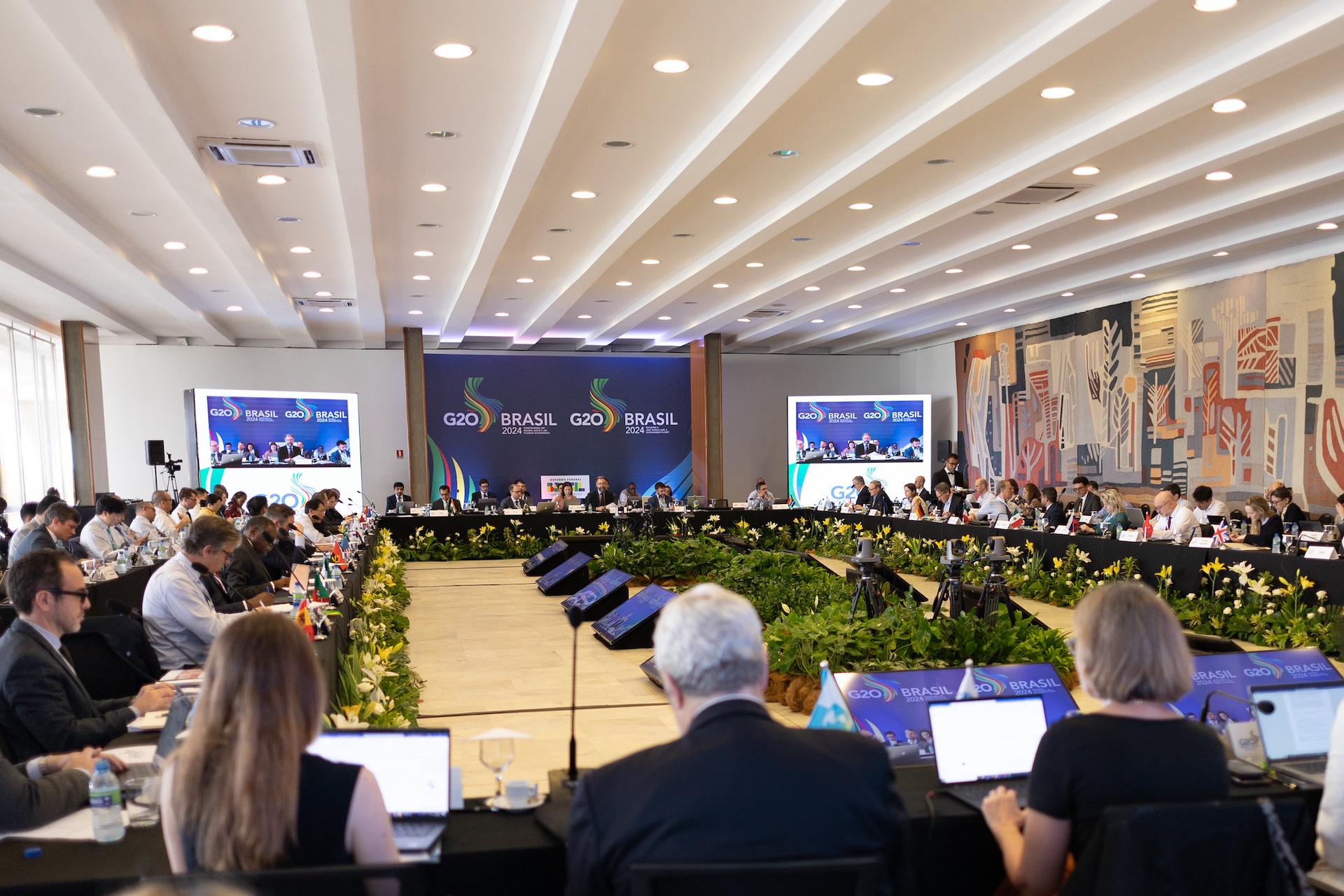
Five days of intense discussions about the priorities of the Brazilian presidency for the group that brings together the world's main economies marked the Sherpa and Finance Tracks’ first meetings at the G20. Between December 11 and 15, member country representatives and eight guest nations met in Brasília to begin discussing solutions towards reducing inequality; promoting sustainable development; and dealing with climate change.
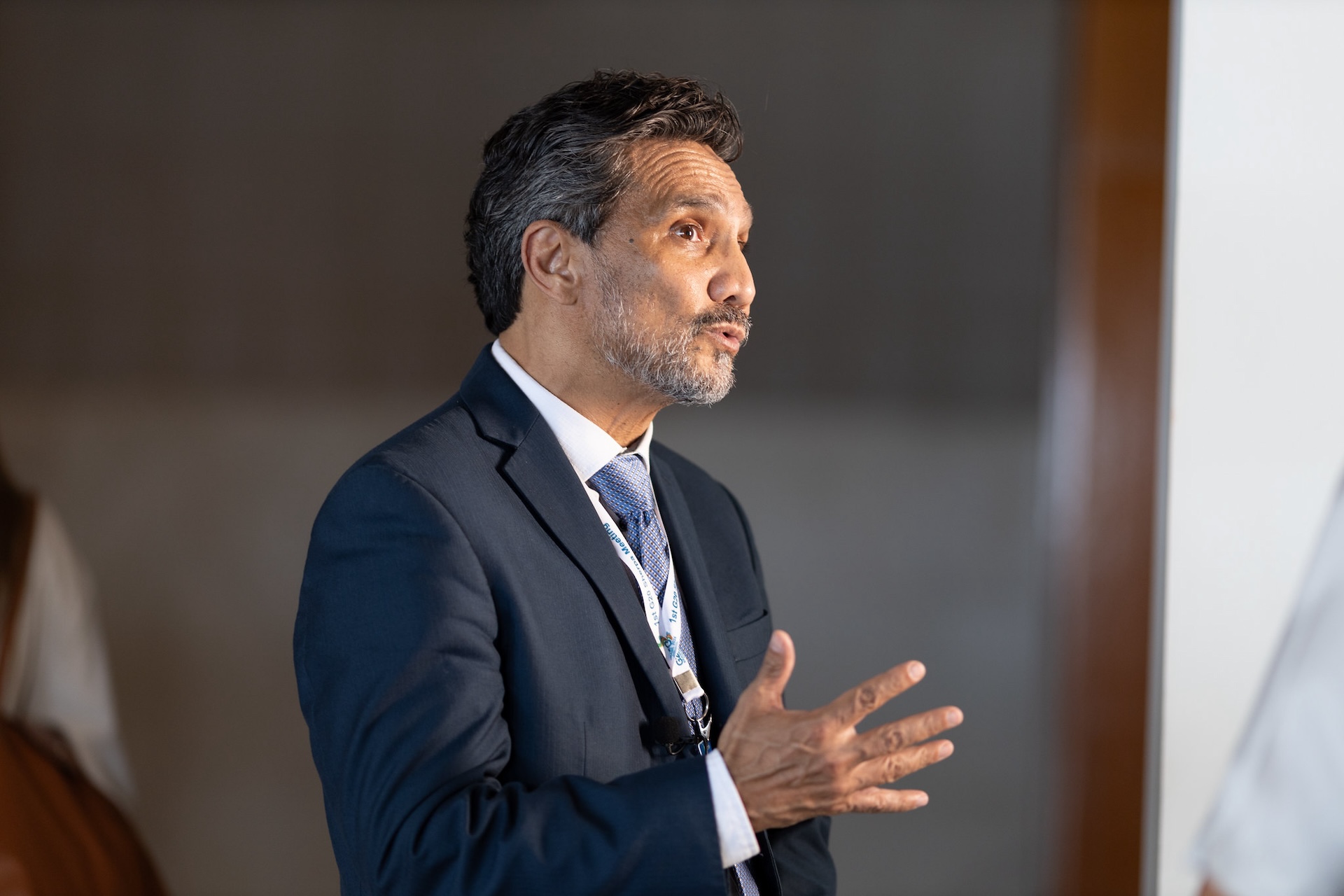
South Africa Sherpa Zane Dangor—from the country that will take the presidency of the group after Brasil—pointed out that Global South countries are committed to reforming the governance system and banks and multilateral financial institutions. “The world is no longer the same as it was in 1948; the Global South is growing; power dynamics and emerging global economies are becoming stronger and more assertive. We have left the era of colonization. Many of the former colonies are now independent and growing. The global system has to recognize this to become more egalitarian and accessible to everyone's needs,” highlighted Dangor.
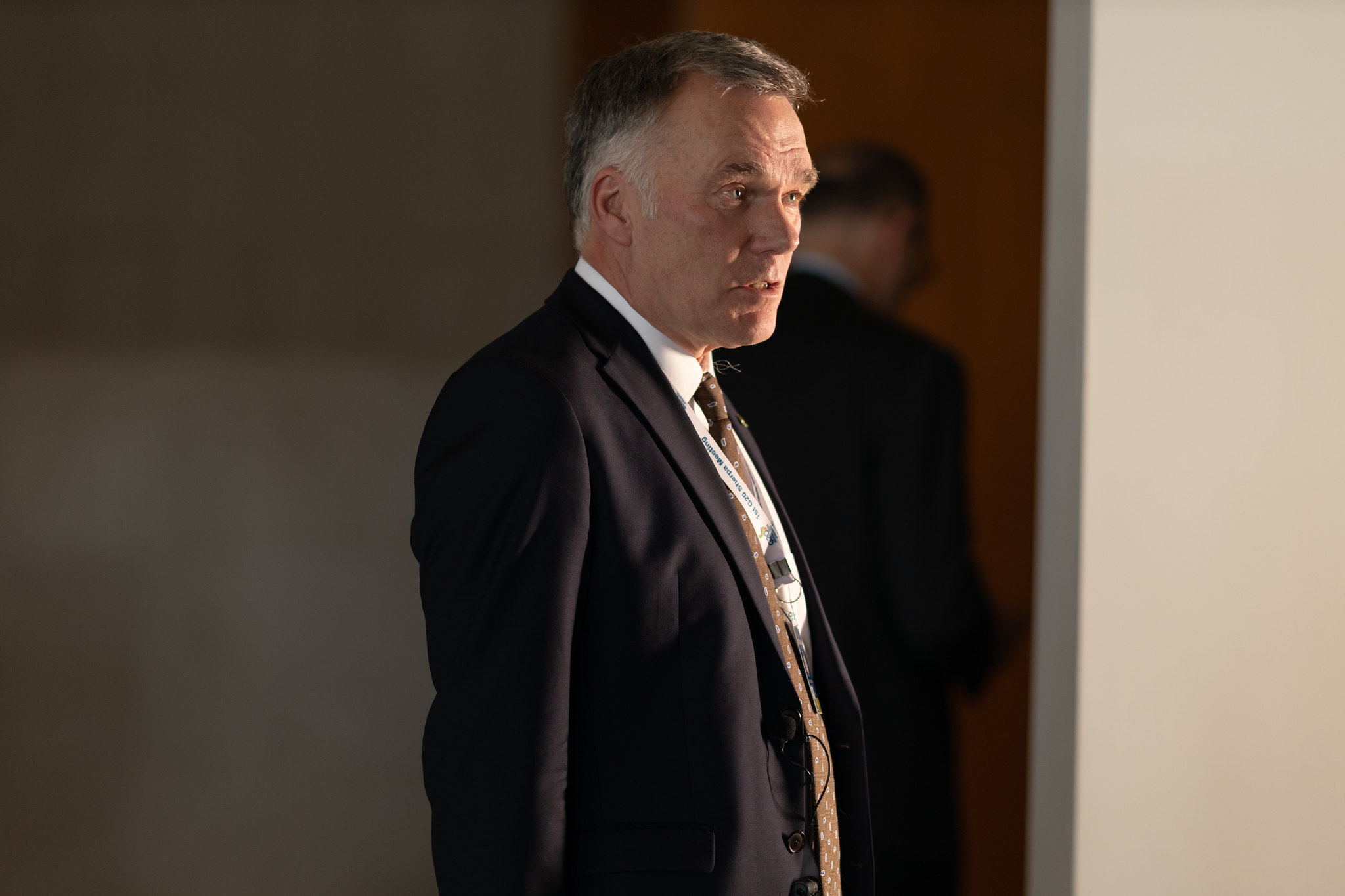
“The priorities proposed by Brasil are very good. In Norway we share exactly the same priorities in our foreign and development policies. Fighting hunger and poverty is a high priority in development cooperation, as is climate and energy transition. The reform of the United Nations and multilateral development banks is also very important,” said Norwegian Sherpa Henrik Harboe.
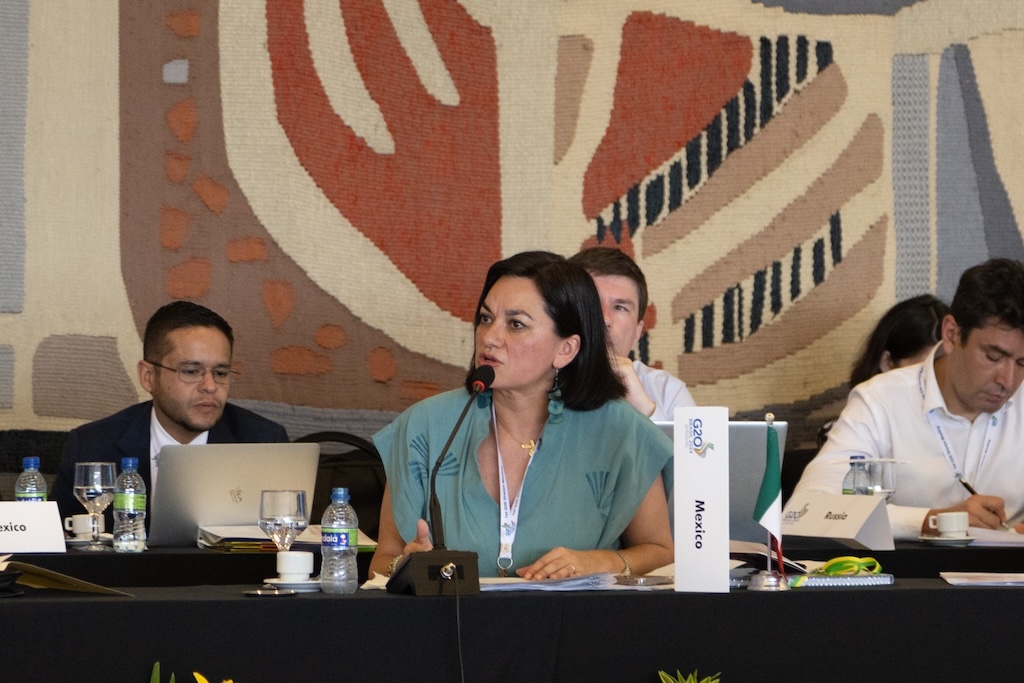
Mexican Sherpa Jennifer Feller said that the country is excited about a Latin American country's presidency of the G20. Feller praised the meeting's working method as “more effective and oriented towards action and results.” “We have insisted on placing the concepts of combating poverty, inequality and hunger as priorities for the bloc. As an emerging country, energy transition and the challenges we have faced towards achieving a fair transition without widening the gap between developed and developing countries is also a priority,” she said.
The African Union's historic entry into the G20
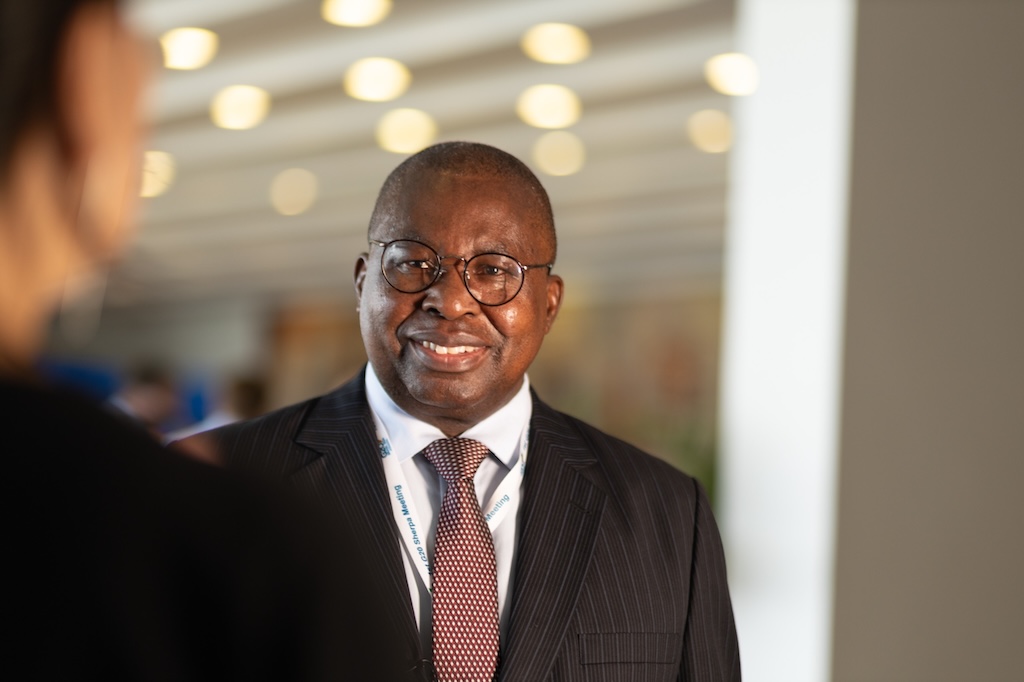
In a historic decision at the New Delhi summit in November this year, the African Union became a permanent member of the G20, as did the European Union, which has held this position since the group's founding. Albert Muchanga, Sherpa of the bloc that is promoting the union of countries on the continent, stated that the African experience in combating inequality, hunger and poverty can contribute to strengthening the Brazilian proposal for a Global Alliance against Hunger and Poverty.
“We fully support the priorities Brasil has presented, since they are directly relevant to Africa. We must embark on reforming global political and financial institutions. All agendas are very important and Africa will support them,” he said.
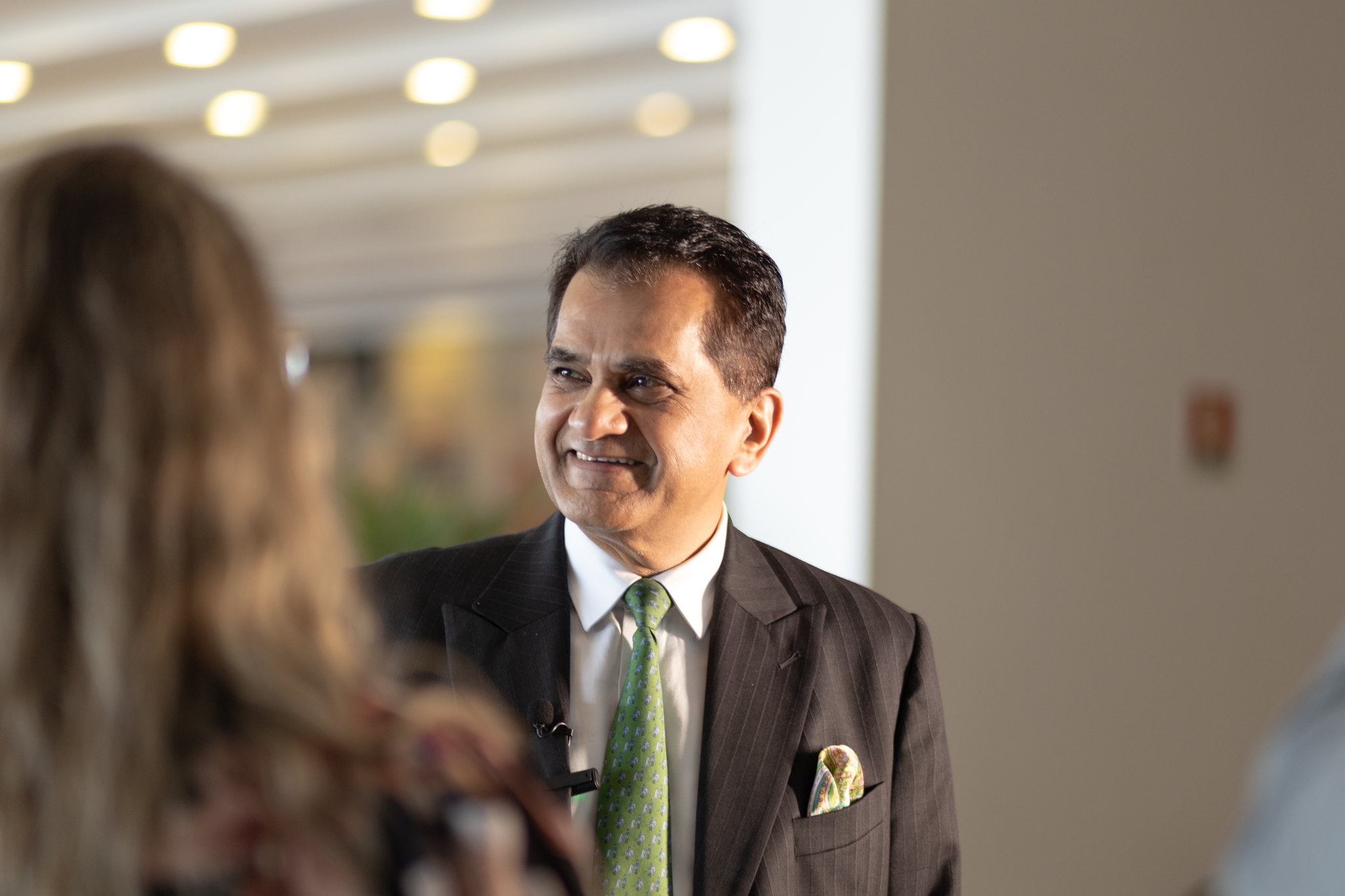
India Sherpa Amitabh Kant highlighted his enthusiasm concerning Brasil's proposals for energy transition, and defended the urgent need for a path towards the use of clean fuels, renewable energy and biofuels. “We fully support the Brazilian presidency and its priorities. Let’s work together to make it successful,” said Kant.
Guest countries
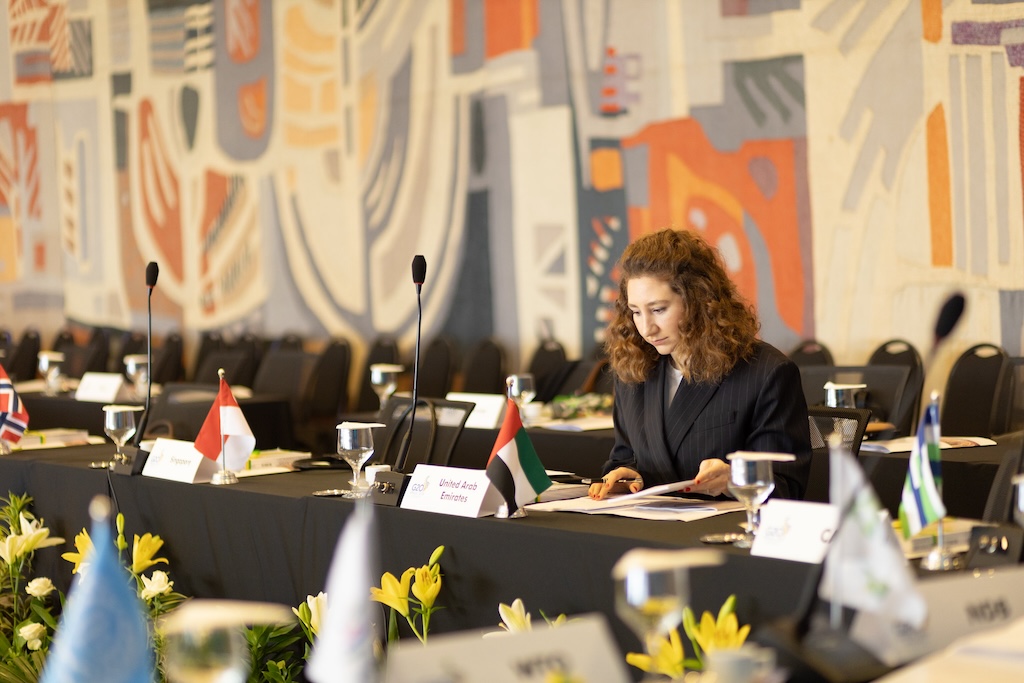
Angola, Egypt, the United Arab Emirates, Spain, Nigeria, Norway, Portugal and Singapore were invited by the Brazilian presidency to participate in the discussions alongside the bloc's member countries. The creation of the Women's Empowerment Working Group was celebrated by the head of the UAE delegation, Ghada Alnabulsi. “We are very grateful for the invitation to participate as a guest country, and happy with the discussions that were held during the Sherpa Track meeting,” she said. As host country representative at the last UN Climate Conference (COP 28), Alnabulsi mentioned her country's wish to advance the conference's objectives during the G20 and to support the priorities of the Brazilian presidency.
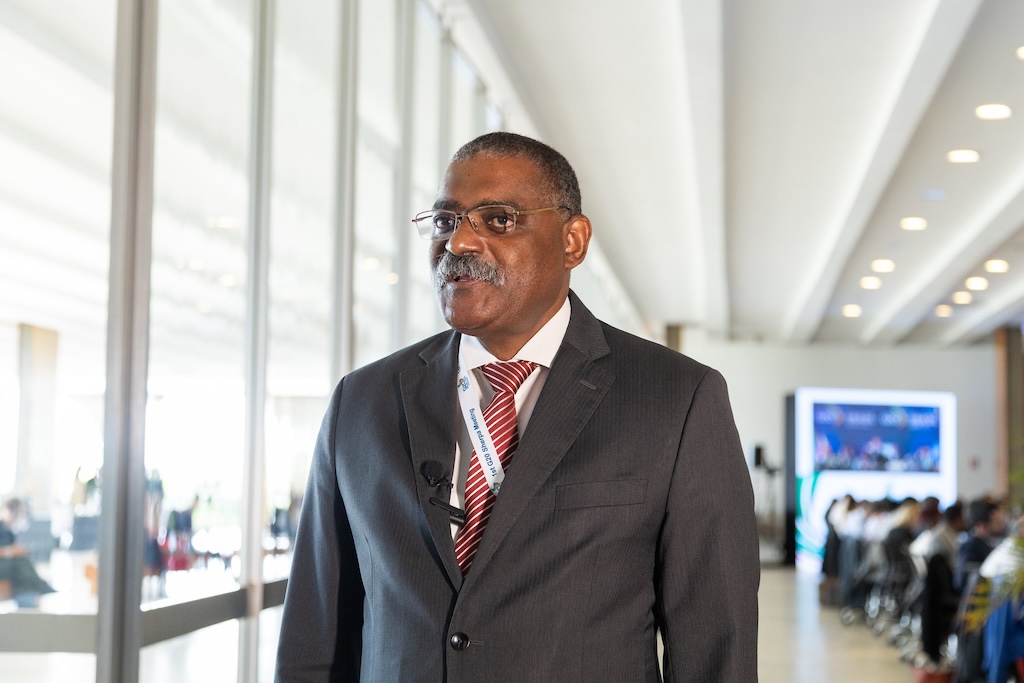
Angola Sherpa Domingos Custódio stated that the Brazilian presidency has brought a new perspective to the group, “which was more inclined towards macroeconomic and trade issues leaving social issues a little aside,” he said. "Brasil's presidency offers something new: social issues, the fight against poverty and the resolution of the hunger problem. We feel that the interventions of other countries support Brasil's initiative that we, in Angola, also embrace," he said.

